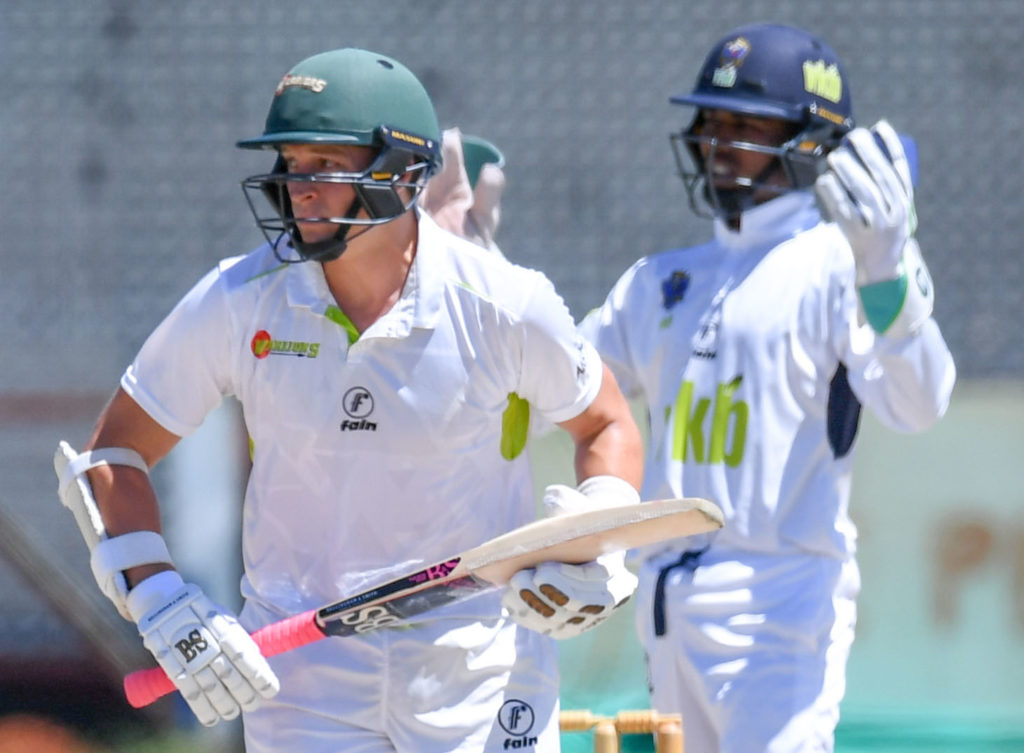With a new domestic season about to start and the persistent financial crisis of 2020, can South African franchises under the current structure afford to keep their best players, asks ANDRE HUISAMEN.
Before the Covid-19 pandemic struck, transfer activity between the franchises became almost as chaotic as a transfer deadline day in the English Premier League.
Despite heavy backlash from Saca, CSA agreed to a new domestic expansion plan last year. This aims to abolish franchises and introduce a provincial format with a few extra semi-professional teams.
It’s fair to say that to implement this proposed idea for the upcoming season didn’t work out given a number of internal factors.
COLUMN: Make franchise cricket financially viable
But, as reported by Sport24 earlier, Saca and CSA agreed that all domestic contracts would expire by the end of April this year and contracts for longer than one year not be awarded anymore.
That basically meant that when the domestic season was halted by Covid-19, every single domestic cricketer was out of contract.
Following a lot of pressure from Saca, CSA then announced that franchises could award eight two-year contracts for this coming season.
It ultimately caused a lot of movement between franchises, with each union experiencing the same sort of squad vulnerability.
But, the effects of the pandemic and the ongoing CSA crisis mean that the financial outlook for franchises – and especially the players involved – is fairly grim.
Which up-and-coming young cricketer will want to sign a one-year contract only as he starts his professional career? Will the scrapping of the franchise system help in that respect or not?
The problem is that CSA, under the Thabang Moroe administration, made these decisions. Now, having to rescue itself in front of Parliament, it appears the governing body isn’t overly concerned about the well-being and, ultimately, sustainability of domestic cricket.
Formerly contracted players now even revert back to club cricket, because they have exited the system overnight as CSA and the franchises did not look after their well-being.
Players, who’ve been in the system long playing amateur cricket at their franchises, will now have zero interest in slaving away hoping to make a Cobras or Titans squad, for example.
The interest of local fans in domestic cricket has also drastically diminished in recent years, which means match-day income and general sales have almost evaporated.
The first-class system in South Africa as a whole is broken. It is somewhat embarrassing that players have decided to break ranks to move to playing as far afield as even the United States recently.
CSA has fallen way behind in making domestic franchise cricket attractive within the cricket fraternity.
Poor advertising and half-hearted marketing approaches have gone to waste in the blink of an eye – a problem that goes as far back as the 2017 Global T20 League, which was also cancelled.
I really fear that with all the challenges and added financial pressures of 2020, restructuring according to this new model could actually do more harm than good. The pool of talented players in the country will ultimately exist no more.







